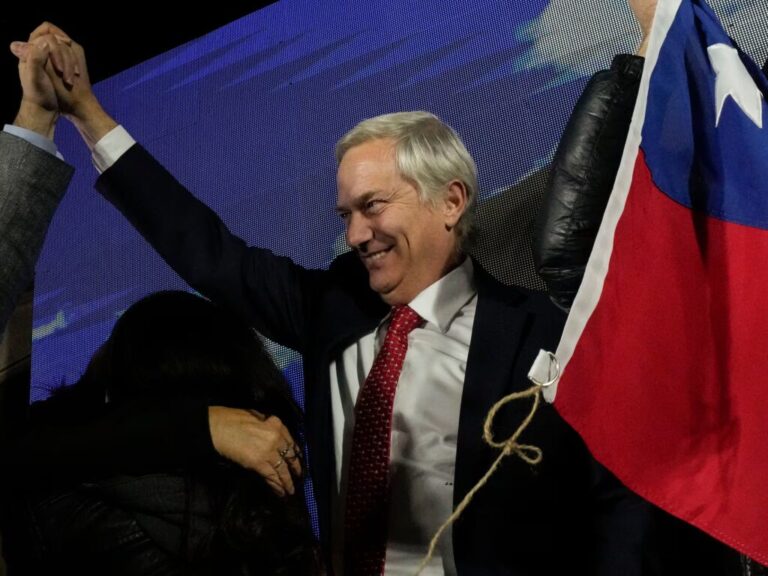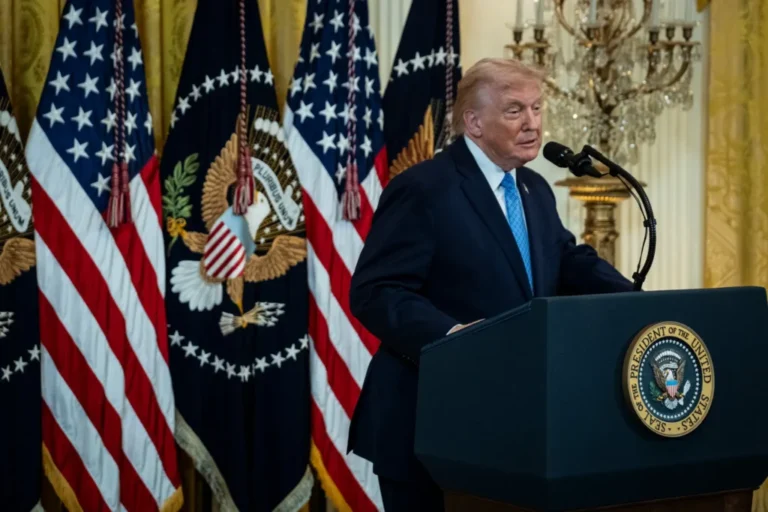LATIN AMERICA
Chile: another failure for the broad front
69.8% of the valid votes are concentrated in right-wing and far-right parties

The Chilean presidential election last Sunday (16) represented the failure of the broad front in the face of the advance of the imperialist right. At the same time, it was an expression of the policy that imperialism is trying to impose throughout Latin America: the establishment of governments of force, escalating a process of political persecution and preparation for direct confrontation with the workers’ movement.
In Chile, this policy was expressed in the overwhelming electoral result of the right, which won almost 70% of the valid votes. José Antonio Kast’s extreme right won 23.9% of the vote. Added to the People’s Party’s 19.6%, Johannes Kaiser’s 13.9% and the UDI’s 12.4%, the right-wing bloc reached 69.8%. On the left, Jeannette Jara, linked to the Chilean Communist Party, achieved just 26.8%. The other candidates from the petty-bourgeois left totaled 1.8%, bringing the total to 28.6%.
This concentration of forces on the right doesn’t come out of nowhere. It is a direct product of the policy of the Gabriel Boric government, which took office after the great popular mobilization of 2019 promising to represent “the streets”, but which ended up deepening repression, holding political prisoners and administering a policy completely in thrall to the bourgeois regime. The demoralization of the petty-bourgeois left has led to the emptying of its electoral base and paved the way for the reorganization of the right on a national scale.
The case of the Communist Party shows this. The party’s main leader, who could be the party’s greatest electoral expression, is under house arrest after, as mayor, he tried to implement a policy of public pharmacies to make access to medicines cheaper. The initiative lasted weeks before he was arrested on corruption charges. This mechanism, of judicial persecution of popular leaders who have support or the potential to win, is already a well-established method of imperialism in Latin America. The same happened in Bolivia against Evo Morales, in Ecuador against Noboa’s opponents, in Brazil against Bolsonaro, etc.
With the Communist Party’s leading figure out of the running, Jeannette Jara, a representative of the party’s moderate wing and part of Boric’s ruling front, was left to run. The presence of Christian Democrats and Social Democrats on the same ticket shows the exhaustion of this policy of collaboration with the bourgeoisie, which only strengthened the opposing camp. By trying to govern with the traditional sectors of the Chilean bourgeoisie, the petty-bourgeois left has destroyed its capacity for grassroots organization and handed the field over to the extreme right.
Meanwhile, José Antonio Kast, a direct representative of Pinochetism, has established himself as the main representative of the Chilean bourgeoisie. His family and political background is a direct continuation of the country’s most reactionary politics. Kast’s father was a lieutenant in Adolf Hitler’s army and a member of the Nazi Party before fleeing to Chile in 1950, where he joined local politics and became an outspoken supporter of Augusto Pinochet’s dictatorship. Kast’s brother, in turn, was Minister of Labor during the military regime. Kast’s own economic training was shaped by the notorious Chicago School, the ideological center of the most radical neoliberalism and the theoretical inspiration for the economic experiment implemented in Chile by the military dictatorship.
This is the fundamental aspect of the situation: the bourgeoisie doesn’t seem willing to allow a new popular mobilization to take hold of the country. The 2019 explosion deeply shook the regime. Now, faced with a worsening crisis, the ruling class is opting for a government willing to deal even harsher blows to the population. The expressive victory of the right is a sign that Chile could become the next center of the authoritarian offensive spreading across Latin America.
The election does not point to a “democratic alternation”, but to a reorganization of the regime led by the bourgeoisie and guided by imperialism. The tendency is to deepen repression, political persecution and the advance of a regime that, in other forms, takes up the legacy of Pinochetism. The Chilean petty-bourgeois left, completely adapted to the regime, is unable to stand up to this, because it is part of the policy that allowed this reactionary bloc to rise.
The country which, just a few years ago, led one of the biggest mobilizations in its history, is now facing the concrete possibility of seeing a more authoritarian regime installed than the one it rose up against.



